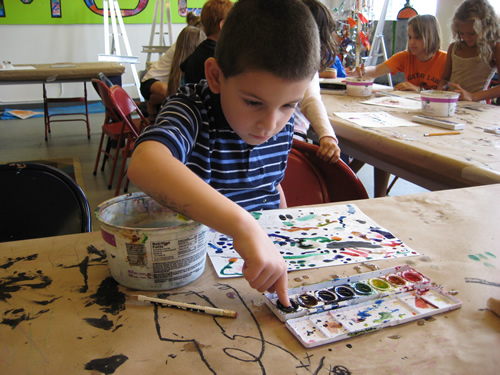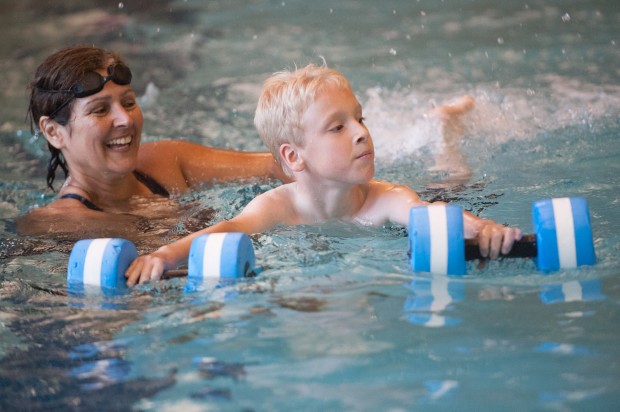5 Great Spring Break Activities for Children with Special Needs
Spring break can be a great opportunity to engage your child in new activities, even you aren’t traveling to a luxurious locale. It is also a great time to work on generalizing speech and language skills. In speech-therapy, it’s important to remember that getting away from the environment in which we were taught a skill is the best way to generalize and reinforce the lesson. Take advantage of spring break and consider the following activities for your child:
1.) Find a Camp
Enrolling your child in a camp does not mean they’ll have to sleep away in cabins. Instead, “camps” can be a wide variety of activities that promote participation, provide structure or can support intensive therapy services. Here are a few:
- Spring Break Camp for Kids with Autism
Join TouchPoint Autism Services in Saint Louis, Missouri for an “under the sea adventure” during this spring break camp beginning March 18, 2013. TouchPoint is a nonprofit dedicated to helping children with disabilities. They serve more than 2,800 individuals on the spectrum in 95 counties across the state of Missouri. Crafts, group activities, swimming and exploring different sea animals are all a part of this great camp. Children with autism ages 5-12 are welcome and a low staff to student ratio is provided. REGISTER BY FRIDAY MARCH 8.
- Therapeutic Handwriting Spring Break Camp
If your child struggles with handwriting and other fine motor challenges, consider an intensive spring break camp like the one offered by The Kids Center for Pediatric Therapies in Louisville, Kentucky. This camp offers instruction for children and parent training from an occupational therapist with specialized knowledge of handwriting. This therapy can build upon and expand what children are learning in school and promotes generalization with take-home activities too!
2.) Indoor Recreational Sports
Any parent knows that staying indoors for five days is not an option when you’re raising small children. For any child, exercise and a chance to get out of the house and run around are a spring break necessity. For indoor recreational sports including swimming or organized soccer, consult your local YMCA for open pool time, gym or community programs for children with special needs. Children with developmental disorders love swimming, but you could also consult local horse-farms for therapeutic riding programs with knowledge and accommodations for special needs.
Children’s museums are one of the few places where children are not only expected but encouraged to touch everything they see. Perhaps you live in a big city or even a small one, but haven’t taken the time to look up your local children’s museum or haven’t made it there. While it can get crowded, spring break would be a great time to try this new activity with the family. New interactive exhibits, group classes and presentations in addition to free-play make this an option suitable for everyone.
4.) Visit Your Local Library
While book reading is important, don’t forget that libraries have other resources to explore over spring break. Most libraries also have story time and other child-friendly events in addition to computer and video access. With headphones to make the computer games quiet, children and parents can enjoy their separate activities- or play together. If you’re planning to check out books, try asking your child’s teacher for suggestions before spring break to help narrow the search.
5.) Spring Cleaning
While it isn’t as glamorous as the others, spring cleaning is important for families with children at any age or ability level. Cleaning doesn’t have to mean scrubbing, it could include organizing, decorating or rearranging. By making these chores into a family activity, kids can get involved and practice problem solving, language comprehension and expression, sorting and taking ownership of their items. Take this time to help make your home more efficient or more comfortable by throwing out old art projects, school notes and toys that just aren’t used.





